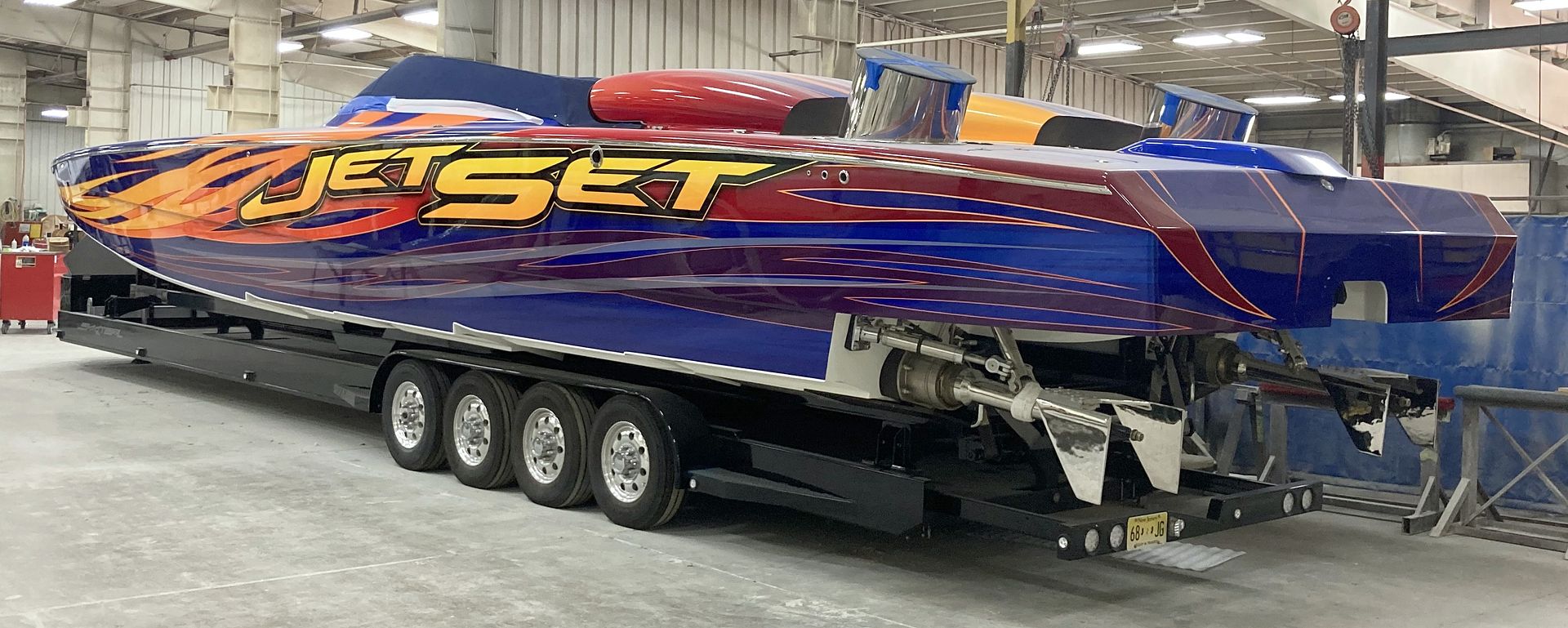Just because I agree with letting GM lay in the bed they made doesn't means I support any of the programs either. What happened before bailouts were bankruptcies- seemed like that worked semi-well for a hundred so years?
GM got saddled with all those overheads during the various strikes in the seventies, thats when they were hobbled. A bankruptcy was inevitable, amazing that it took over thirty years.
Here is an interesting article about the 1979 Chrysler bailout
"A Law Is Passed to Make the Workers Give Up What They Had Won
The Carter administration played the leading role in the Chrysler concessions, which very quickly shifted labor into reverse gear. In 1979, Chrysler, the smallest of the Big 3 car companies, was losing money and taking on debt, as much as 1.5 billion dollars. There was talk that Chrysler might go bankrupt, and the banks said that they would refuse to extend further loans without some kind of guarantees.
The Carter administration stepped in. In August 1979, just when the new auto contracts were being negotiated, Carter's secretary of the treasury, G. William Miller, announced that the U.S. would provide 750 million dollars in loan guarantees. However, he stipulated that sacrifices would have to be made by the Chrysler workers.
At first, all this talk seemed like the usual posturing that takes place during contract negotiations. Doug Fraser, president of the UAW, balked at the government demands. The UAW had never given up open concessions before. But faced with a chorus of government demands and bank threats to call Chrysler's loans, the UAW began to agree to give back a series of things it had won earlier. The first concession was the smallest, amounting to 203 million dollars in wage and benefit cuts; this came in the Chrysler contract, which deviated from the pattern set at Ford and GM. When that contract was presented to the workers and ratified in October, it was a signal that the biggest unions would not follow the miners' lead. The threats of dire consequences increased; most politicians proclaimed that the government shouldn't give loan guarantees, but it did, only on the condition that workers give still more concessions. A parade of federal, state and local officials threatened that hundreds of thousands of jobs, not only at Chrysler, but all the other places that depended on Chrysler's business, would be lost. The UAW agreed to renegotiate the contract it had just signed.
A final agreement was worked out by Congress in the House and Senate banking committees. The Loan Guarantee Board was set up to administer the plan. An actual federal law spelled out the sacrifices that Chrysler workers were to make: 462 million dollars in wages and benefits from union employees and 125 million dollars from nonunion staff. The new contract was ratified three months after the first, in January 1980. Twelve months later, the Loan Guarantee Board came back and demanded a third round of concessions: 673 million dollars, including a $1.15-an-hour cut in wages. These new concessions were ratified in January 1981. The rapid collapse of what had seemed to be the most powerful union in the country proved that the unions could be brought to give back gains registered in their contract. Workers could be made to agree to lower their own standard of living.
Other smaller unions, like the URW (United Rubber Workers), had previously agreed to concession packages. But this collapse of the UAW before the government and corporations proved to be the wedge that opened and generalized the concession drive. The UAW's agreement to concessions at Chrysler brought pressure to bear on other unions to do the same.
In railroads, trucking and even local and state governments, the bosses could not wait for labor contracts to expire. They lined up to demand contract re-openers, and similar concessions to those given at Chrysler. The workers gave up COLA and other wage increases; at a time of high inflation, this resulted in a real decrease in the workers' standard of living. Benefit cuts became standard. Blue collar workers began to join white collar workers in seeing their real wages fall, and even rapidly.
The Democratic president, working together with a Democratic controlled Congress, had imposed concessions on Chrysler workers which opened the way to a vast drive for concessions by all the corporations. They also presided over a new economic downturn, with more high inflation and unemployment. In protest, the union apparatuses sat out the 1980 elections, and many workers voted against the Democrats, that is, for Reagan."
nothing ever changes
